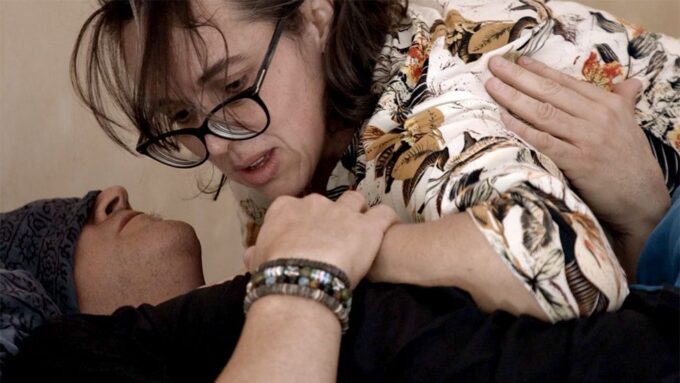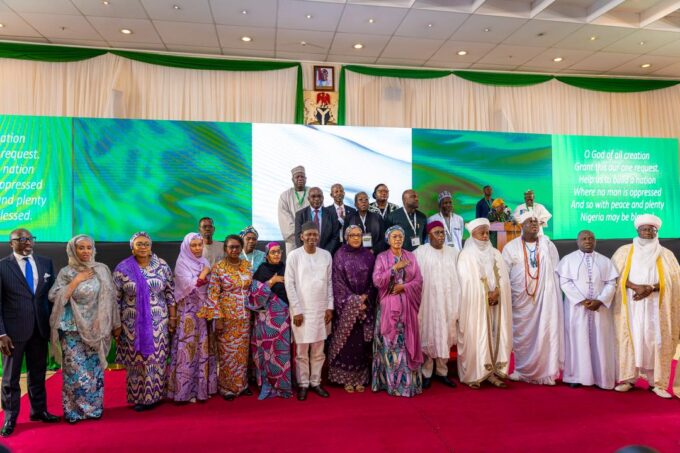Burundi has officially eliminated trachoma, becoming the eighth country in the World Health Organization (WHO) African region to achieve this major public health milestone. Trachoma, a leading infectious cause of blindness globally, spreads through personal contact, contaminated surfaces, and flies, and is classified as a neglected tropical disease (NTD). The elimination marks the first NTD to be eradicated in Burundi.
The WHO Director-General, Dr. Tedros Adhanom Ghebreyesus, praised the country’s achievement, calling it a “major public health accomplishment” that reflects long-term commitment and coordination. “Eliminating a disease like trachoma requires sustained effort and dedication,” he said, highlighting the importance of comprehensive health strategies and partnerships in tackling preventable diseases.
Burundi’s Health Minister, Lydwine Baradahana, hailed the WHO’s announcement as a validation of nearly two decades of national mobilization and international collaboration. “This is a collective victory made possible by almost 20 years of health system strengthening, community involvement, and global solidarity,” she said.
Trachoma elimination is achieved when a country records less than 5% prevalence of the disease in children aged 1–9, and systems are in place to detect and treat new cases effectively. Burundi’s success follows a comprehensive public health campaign that included access to clean water, improved sanitation, health education, antibiotic distribution, and targeted surgical interventions.
This development not only underscores Burundi’s growing commitment to public health but also adds momentum to the WHO’s goal of eliminating trachoma as a public health problem worldwide. As of 2025, more than a dozen countries globally have achieved elimination status, with many others making significant progress.














Leave a comment